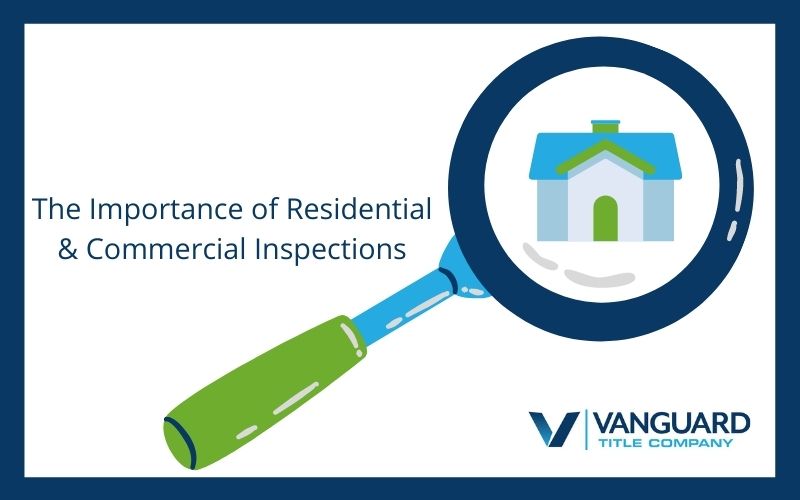By Christina Kass
Purchasing a property is an exciting process involving a significant investment of time and money. The best way to avoid being caught off guard by unexpected problems with your new property is to schedule a property inspection.
First Home Inspections
Once an offer is accepted on a home, the next step is the home inspection. Simply walking through a new home is not enough to reveal each of the potential issues that could be costly later. Hiring a home inspector will ensure no hidden problems are lurking, so you can make an informed decision about the purchase.
The home inspector will closely examine all of the home’s major systems. Including electrical, plumbing, heating and air conditioning, roofing, and structure. As well as venture into areas you may be reluctant to thoroughly check out. Such as the attic and crawl space. He or she will look for any structural issues that may be invisible to the average homebuyer, such as mold, leakage or exterior faults.
In addition, the home’s insulation and ventilation are examined. Along with interior features like doors, windows, walls, floors, stairways, and any appliances included in the purchase contract. Inspectors also look for fire and safety issues, as well as any improper building practices.
The Benefit of Home Inspections
It’s in your best interest to choose your own inspector and pay for their services. Residential inspections typically range from $400 to $600, depending on the home’s size and age. It’s a small price to pay to avoid thousands of dollars in repairs down the road. It’s a good idea to be present for the inspection, so the inspector can point out to you any issues as they are identified.
Once the inspection is complete, you’ll receive a report so you can fully understand the condition of the home. If any repairs are needed the report will define the associated costs. Armed with information gathered by the inspector, you may have a chance to negotiate the price of repairs or ask that the seller make the repairs. And, if major problems arise, you can look into backing out of the deal entirely.
Commercial Property Inspections
Commercial buyers may need to know the condition of a property they are purchasing, leasing, financing or maintaining for business purposes. A commercial inspection, also known as a commercial property assessment, can be vital in determining the value of your investment.
Commercial inspections cover areas such as the Americans with Disabilities Act (ADA), building code compliance, and air quality. In addition, site-specific testing is conducted for concerns such as energy loss, air leakage, and moisture intrusion. These inspections generally follow industry-accepted guidelines (ASTM E2018). This helps the inspector and client understand the agreed-upon scope.
To ensure nothing is overlooked, commercial inspectors often work in teams sometimes involving environmental inspections. Reports, which can take weeks to prepare, focus on the life expectancy of the building and its attachments. The reports outline the deficiencies found and the costs to correct them. As with residential inspections, commercial reports can be used to negotiate repairs.
Know what to expect with Vanguard Title
At Vanguard Title, we believe in being prepared at every stage in a real estate transaction. When you’re ready, we can even help you find a reputable inspector for your specific needs. Click here for more information on inspections, including a tool provided by the American Society of Home Inspectors. This tool allows you to search for qualified home inspectors in your area.
With the peace of mind that comes from a residential or commercial inspection, you’ll avoid any unpleasant surprises and save time and money in the long run.

